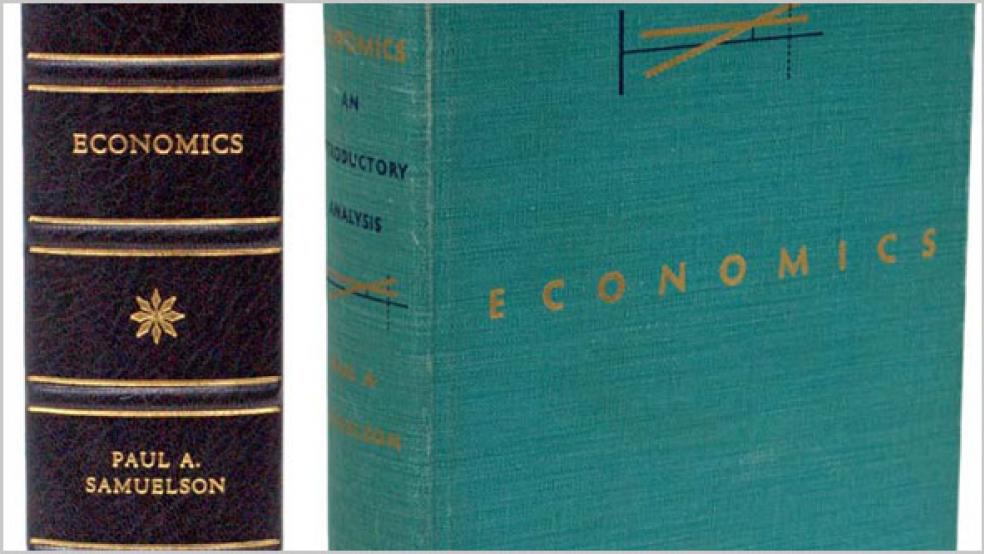New York Times reporter Jeanna Smialek stirred up a hornet’s nest in the world of economics this weekend, publishing a profile of economist Stephanie Kelton, a leading proponent of a controversial school of thought known as Modern Monetary Theory, or MMT.
As Smialek summarizes, MMT “posits that if a government controls its own currency and needs money — to make sure its citizens have food and places to live when, say, a global pandemic pushes many out of work — it can just print it, as long as its economy has the ability to churn out the needed goods and services. In the MMT view of the world, ‘How will you pay for it?’ is a vapid policy question. Real-world resources and political priorities determine how much lawmakers can and should spend.”
That line of thinking has drawn significant attention in recent years as lawmakers responded to the coronavirus with aggressive deficit spending meant to mitigate the economic impact of the pandemic. The strong economic rebound that followed led MMT proponents to claim victory, Smialek writes, but the subsequent surge in inflation has raised questions, including, “Did Congress ‘experiment’ with MMT, and does the run-up in inflation mean that MMT has ‘failed’?”
Smialek’s piece drew some rather heated responses, as is usually the case when economists discuss MMT. Mainstream economists said they were disappointed by the Times piece and the credence it seemed to lend to what they call a fringe school of thought.
“I am sorry to see the @nytimes taking MMT seriously as an intellectual movement. It is the equivalent of publicizing fad diets, quack cancer cures or creationist theories,” tweeted economist Larry Summers, the former Treasury secretary who is no stranger to fights with the left wing of the Democratic Party. “Serious leftist scholars submit their work to peer review, are willing to engage in public debate with their critics and carry out empirical work that others can try to replicate. Not the MMT movement.”
Neoliberal economics writer Noah Smith similarly criticized the Times piece: “MMT is not a theory of the economy; it's a set of political memes to push for more deficit spending, backed up by some smooth-talking advocates and a vicious social media gang. But its star is falling.”
Smialek defended her work. “MMT is part of our national conversation, whether you find it valid of not,” she wrote on Twitter. “Lawmakers flirt with it. Prof. Kelton’s book was a bestseller. Journalists buzz about it, [Fed] Chair Powell gets asked about it. 2020 + 2021 offered an interesting opportunity to take a closer look at it … We’re not saying MMT was victorious. We’re saying that the headlines saying that it ‘won’ in 2021 are now getting revisited and caveated - and that this moment is an interesting crucible for the idea. Read the story for a more thorough analysis of the arguments!”





